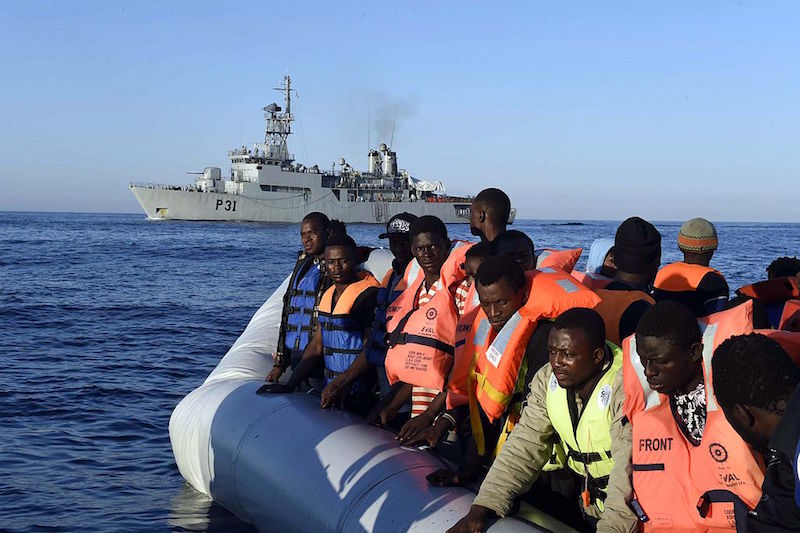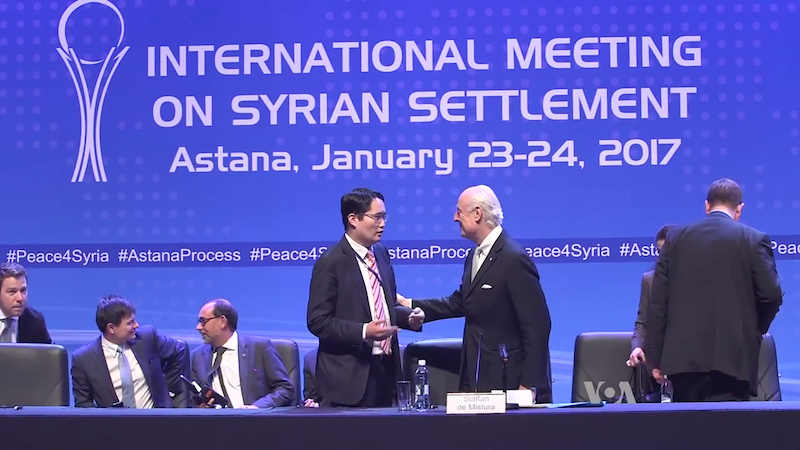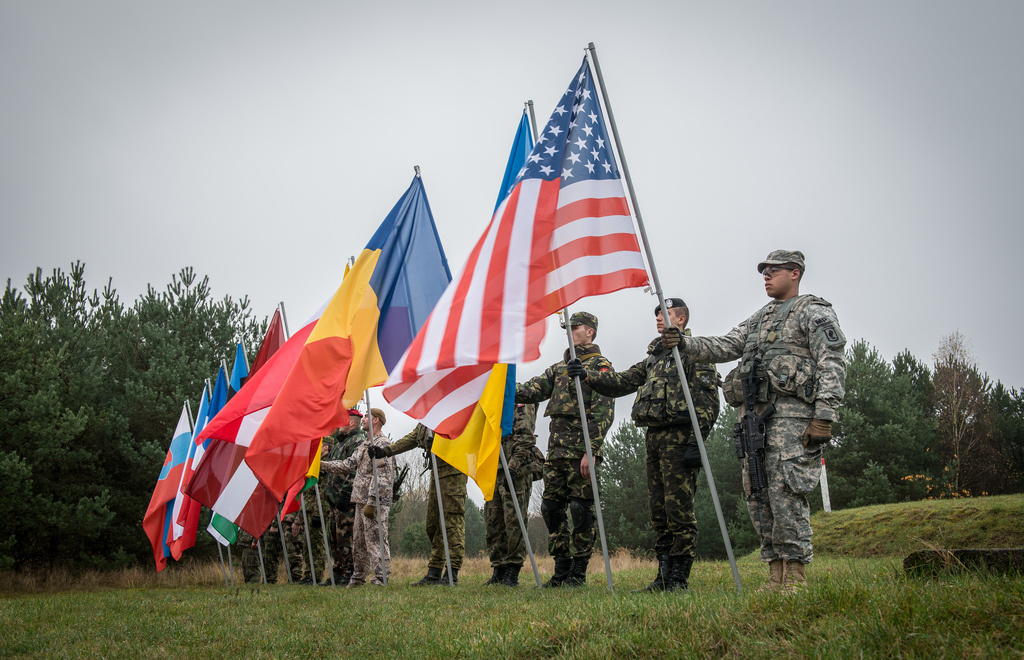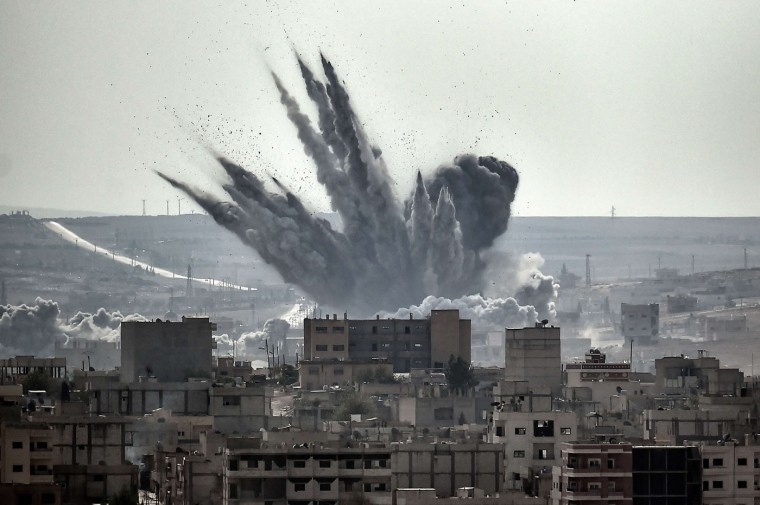Since 2011, following the Arab Spring uprisings and Libyan dictator Muammar Gaddafi’s removal from power, Libya has continued to experience internal political turmoil. Despite the establishment of a UN-backed interim government in March 2016, the Government of National Accord (GNA) lacks authority and stability has yet to return to Libya. Instead, the new government jostles for power with two other local governments: one is a militia-backed group known as Libya Dawn in Tripoli, and the other supports army chief Major General Khalifa Haftar in Tobruk and Beida. The situation is compounded by rival factions across eastern and western Libya that are also determined to gain control of the country.
With this divide in power, Libya’s position as a gateway from Africa to Europe risks adding instability as the country must contend with a severe migration crisis as migrants, refugees, and asylum-seekers from all across Africa seek to enter Europe, often through illegal means or via smugglers. Last year in 2016, 180,000 migrants reached Italy while approximately 4,500 people died along the way. So far in 2017, 227 have died or are considered missing.
The worsening security situation has pushed EU leaders to adopt the Malta Declaration on February 3, with the support of the head of the GNA Presidency Council, Fayez al-Serraj. The declaration includes plans to contribute €200 million; strengthen the Libyan coastguard through better training, provision of equipment, and other forms of support to prevent migrant smuggling; improve migrant camps; increase capacity for border management and surveillance; and deepen the dialogue on migration cooperation among EU member states, Libya, and Libya’s neighbouring countries. Italy, the first port of arrival for many migrants into Europe, has also pledged its assistance to help stem migration. It is hoped that this will prevent dangerous migration across the Mediterranean and stop the exploitation of migrants by smugglers and traffickers.
However, there are concerns that increased interception of boats to stem the flow of migration will result in people being put in detention centres in Libya, where resources are inadequate and conditions have often been described as inhumane. In December 2016, the Office of the High Commissioner for Human Rights and UN support mission in Libya produced a joint report outlining incidents of torture, execution, desert banishment, forced labour, sexual violence, widespread malnutrition, and physical abuse that migrants are subjected to in Libya’s detention centres. Coastguards themselves have also been accused of inflicting physical abuse and colluding with smugglers.
While the agreement has called for greater cooperation with the UN High Commissioner for Refugees and the International Organization for Migration to improve such conditions and ensure effective implementation of the new policy, both agencies have expressed that given Libya’s current political struggles, the country cannot be considered a safe enough country for migrants to be detained in while they await repatriation. Indeed, returning migrants to these conditions would make them increasingly vulnerable and could constitute a breach of the international law of non-refoulement under article 33 of the 1951 Convention Relating to the International Status of Refugees, and article 3 of the 1984 Convention Against Torture. Non-refoulement prohibits states from expelling or returning a refugee to life-threatening conditions or to conditions where they will be subject to torture.
Furthermore, the new declaration emphasizes return of migrants, but fails to include provisions for resettlement or assistance with safe, legal entry into the EU. This suggests the EU is more focused on entry prevention by ensuring migrants either remain in Libya or are repatriated. This could end up with Libya being left to deal with the migration issue on its own once the Libya-Italy route is closed. Illicit activities like smuggling and trafficking are therefore likely to increase rather than decrease, as people who are particularly desperate to reach the EU will increase demand in the smuggling/trafficking market by continuing to turn to smugglers/traffickers if there is no alternative. This puts migrants at risk of further danger and exploitation, something which Libya is not currently equipped to handle. Indeed, various Libyan authorities have pointed out that keeping migrants and refugees in Libya is not an acceptable solution to the crisis as it risks creating more problems for a divided country, whose recognized government authority and regulation is limited to just outside Tripoli while militias control coastal areas and the rest of the country is subject to alternative governments.
While there is an urgent need to curb the migration crisis along the Mediterranean route, careful thought must be given to the situation of migrants who are fleeing conflict or searching for better lives. By placing the onus of the migration crisis on Libya alone, the new policy risks contributing further insecurity to an already politically unstable country.
Photo: P.31 L.É. Eithne Operations deployed to rescue migrants in the Mediterranean (2015), by Irish Defence Forces via Wikimedia Commons. Licensed under CC BY 2.0.
Disclaimer: Any views or opinions expressed in articles are solely those of the authors and do not necessarily represent the views of the NATO Association of Canada.




